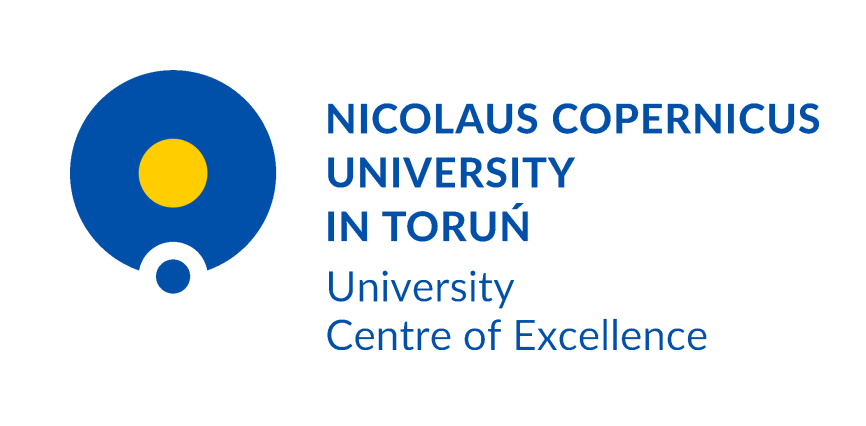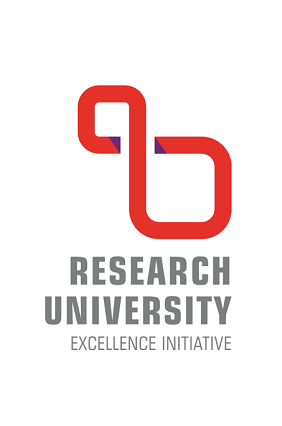![obrazek: [fot. Andrzej Romański] Zdjęcie ilustracyjne](http://www.umk.pl/wiadomosci/serwisy_wp/zdjecia/20657/srednie.jpg)
In the learning process, some people find an expected reward most encouraging while others are motivated by a wish to avoid potential punishment. Kamil Bonna is studying how punishment and reward signals are constructed by the brain and how they influence the decisions we make.
The brain is an astonishingly complex network of interconnected areas which are characterized by continuous communication. The network and the processes constantly occurring within the organ allow us to make even apparently trivial decisions, analyze their consequences as well as draw conclusions on a daily basis.
The complexity level of such mechanisms is very high and thus studying them using only basic neuroimaging data analysis method is difficult. Connectomics, a brand new branch of science concentrated on studying a complex network of connections in the human brain with the use of mathematical algorithms turns out to be helpful.
- One of the most astonishing discoveries of contemporary neuroscience was finding a correlation between the activity of neurons secreting dopamine and the so-called prediction error, the signal which controls the learning process - explains Kamil Bonna from the Faculty of Physics, Astronomy and Informatics.
The discovery lay a foundation stone upon which a number of research studies employing modern neuroimaging techniques, for example magnetic resonance (fMRI), was based. Despite the dynamic development in this area, numerous key problems still remain unresolved. Punishment-avoidance learning is one of them.
- Briefly speaking, some researchers claim that reinforcing the desirable activities and reducing the undesirable ones is controlled by different areas of the brain which create the common reward network. The approach is called the two systems hypothesis - explains Bonna. - The interpretation of the punishment avoidance situation is another unresolved problem. According to the relative usefulness scale hypothesis, the punishment-avoidance situation is accompanied by the feeling of relief, and this feeling can be perceived as a reward. Therefore, the brain is given an ability to implement similar learning mechanisms in the reward seeking and punishment avoidance situation.
Kamil Bonna, who has decided to focus on the above issues in his doctoral work, pays much attention to making a differentiation between the objective and the relative reception of the reward and punishment values, as they can be influenced by the experimental context.
In order to answer the formulated questions, the scientist performed a study using an fMRI scanner. 22 healthy volunteers who participated in the study were expected to complete a task using the trial and error method in the gain and loss context. Successful task completion required constant monitoring of results of their decisions. Every other second, their brain images were collected providing information concerning the areas more or less engaged in the process.
The next stage of the doctoral work, and thus the next step to solve the problem, will be to analyze the collected neuroimaging data. During his scholarship at the Danish Research Center for Magnetic Resonance in Copenhagen, Kamil Bonna is planning to cooperate with an esteemed research team, Reward and Homeostasis, supervised by dr Oliver Hulme.
Kamil Bonna hopes the results of his work will contribute to deeper understanding of addiction mechanisms, changes taking place during adolescence and those caused by neurodegenerative diseases in which dopaminergic neurons are attacked (e.g. Parkinson’s disease).
Kamil Bonna graduated from the Faculty of Physics, Astronomy and Informatics, NCU. Under the supervision of prof. Włodzisław Duch, he wrote and defended his master’s thesis on generative functional network models in the human brain. Currently, he is a student of the Interdisciplinary Doctoral Studies in Physical Sciences, NCU, specializing in biophysics. In cooperation with the Centre for Modern Interdisciplinary Technologies, he is carrying out research with the use of functional magnetic resonance (fMRI). He also participates in the fMRI data analysis in projects studying neuroplastic changes caused by cognitive training as well as neural correlates of consciousness. His scientific interests are focused on neuroeconomics and connectomics. He is a co-author of papers with an international reach and a scholarship beneficiary for the best PhD student at the NCU. Within the project, his main activities cover designing cognitive tasks to the functional sequence in the fMRI examination and neuroimaging data analysis. Privately, he enjoys dancing popping; he is interested in hip-hop culture and cinematography. He adores cooking and popularizes healthy lifestyle.
Author: Żaneta Kopczyńska
Source: https://portal.umk.pl/en/article/brain-punishes-and-rewards-us


 ul. Gagarina 11, 87-100 Toruń
ul. Gagarina 11, 87-100 Toruń